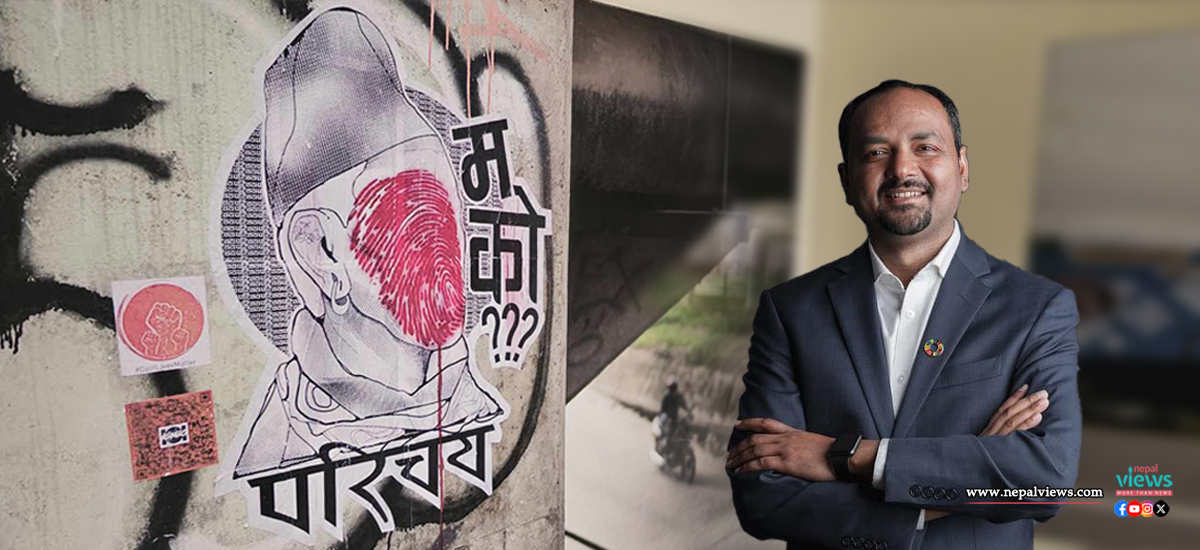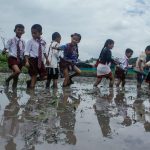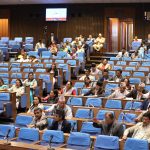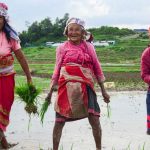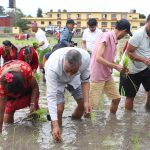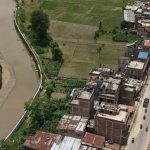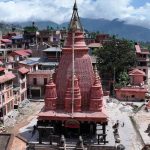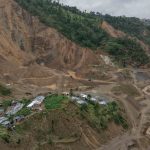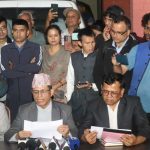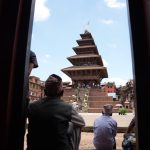Kathmandu: In the name of the auspicious Mahayagya, a house of the Dalit family was demolished. The social media is still heated with the unholy and condemnable action of demolishing the house using a dozer.
Another heart-wrenching incident, involving marginalized women, also was reported. It has been a month since Rinku Kumari Sada, a 17-year-old girl; belonging to a Dalit family was raped.
After facing repeated mental torture while seeking justice, she was found hanging in her home. But, instead of choosing legal action, the panchayat (informal village mediation) of Nawarajpur Rural Municipality in Siraha settled the matter without the involvement of the police. The legal proceedings began only after the media coverage. The case is still in the phase of investigation.
And comes another incident shameful incident for Nepali society. On the 15th of February, a teacher, Prakash Damai faced alienation when his mother died. Just because he was a Dalit, no one stepped ahead to take the body of his mother to the crematorium. And her body was compelled to wait all day on the premises of their home.
These are some of the incidents which became public. These incidents created a buzz only after there was media coverage. But, there are numerous incidents piled up in the society; which either didn’t come into the limelight or were seen but ignored. This continues the series of people facing discrimination just for being a Dalit.
There is no question about the skill of the Dalit community, their labor is on demand, and so is their knowledge, But, what does not work is the water touched by a Dalit. The soil touched by a Dalit is still not acceptable. Some people are still not able to become people, and some are fighting to live.
This has raised the question of the moral justification of people in society. In this universe, the existence of every being is acceptable, but the cycle of discrimination by humans against humans is still underway. The horrific situation of humans seeking the meaning of human life from a human is prevalent even in this digital era.
And this has given birth to a campaign; for identifying such malpractices; rooted for thousands of years and attempting to eradicate them- “Dalit Lives Matter.” Campaigner Pradip Pariyar is leading the campaign to make people realize that the life of the Dalit community also carries meaning in this world. Along with Pradip, there is a long line of Dalit activists.
A victim-turned campaigner, who himself faced discrimination in his life, has been devoting his life to bringing the Dalit community out from the chimney of discrimination. It has been decades of Pradip continuously taking various steps to release people from the pain of discrimination.
Pradip has been advocating for the rights of the marginalized community; sometimes via Radio programs, Sometimes through National-international platforms, and sometimes by forming a new network. He has been raising his voice for the justice of the Dalit community from multiple platforms.
On 23rd May 2020 (Jestha 10, 2077 Bikram Sambat), Nabaraj B.K. and his five friends were murdered for their step for an intercaste marriage. Just after the incident, Pradip and other activists initiated the campaign “Dalit Lives Matters.” The campaign has been trying to raise the voice against caste discrimination using various creative programs; from running the television program “Caste Conversation” to painting the roads of the wall under the “Paint the Revolution” campaign.
Nine Thousand Letters Reach Radio
Pradip Pariyar, who was outstanding in his studies, was a student of Optional Mathematics in school. While studying in class 8, he used to take tuition classes in the house of a so-called “higher-caste” teacher.
All of his classmates were allowed to study inside the teacher’s house, but despite excelling in his studies, Pradip was never allowed to step inside. This was the first time he experienced discrimination, and it left a deep mark on his life.
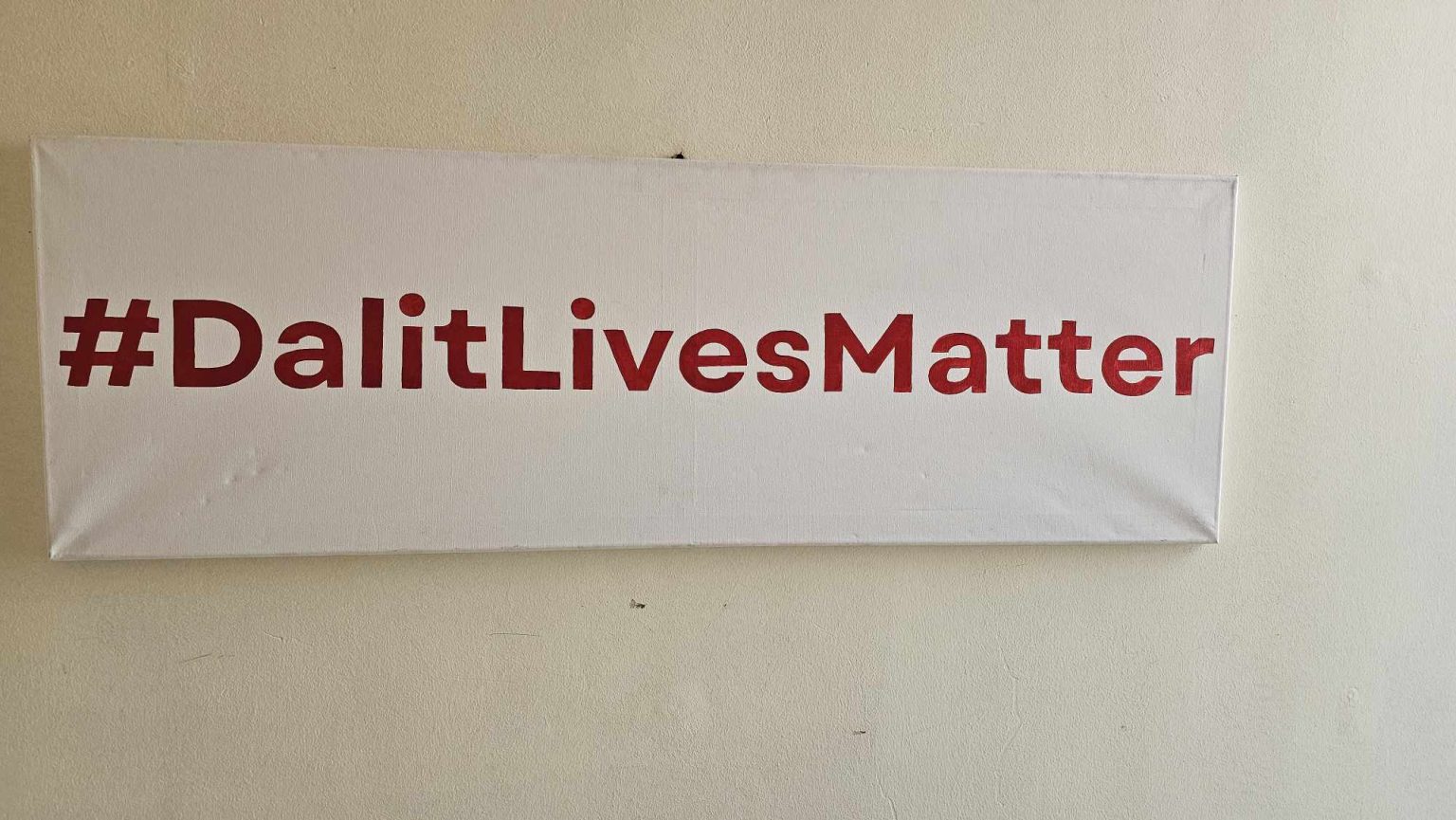
‘It was a rainy day. I arrived at the tutor’s place, drenched in the rain. All my friends were inside the room, but I had to stand outside because I was wet,’ he recalls.
For the first time in his life, this left an indelible scar regarding the caste system in Pradip’s young mind. ‘This was the first incident that stirred up a sense of rebellion in me. Before that, discrimination was seen as a normal part of life in the village,’ shared Pradip.
Another incident that shook him occurred around that time.
Pradeep’s home town Sindhuli is not far away from the capital Kathmandu. Though it was near based on distance, it was hard to reach due to the lack of direct road connection during the 2050s. From Khurkot of Sindhuli, it used to take nearly 18 to 20 hours of travel to reach Kathmandu. One has to first reach Mahottari and travel via the East-West Highway to reach the capital.
One of the prominent leaders of that time was Golche Sarki. Sarki was invited to give a speech in Pradip’s village Khurkot. The whole village gathered to hear the speech, of the leader, who came from Kathmandu. The hometown of Pradip and Communist leader Rishiraj Devkota lies in the same village. The village had a prominent number of communists to chant slogans of class liberation.
But after the completion of Sarki’s speech, things took a strange turn in the evening. The crowd dispersed. No one from the so-called “higher caste” was willing to let Golche Sarki stay at their homes. Pradip recalls that even the leaders who brought Golche Sarki couldn’t offer him a place to stay.
The incident made Pradip conclude, ‘No matter how prominent someone becomes if they are Dalit, they would experience rejection in some way.’
Despite his grandfather’s traditional profession as a tailor, Pradip’s father got a job in the government postal department. He joined as a Khardar (second-class non-gazetted officer) and reached the position of Nayab Subba. Through his father’s job, Pradip had the opportunity to read some newspapers and books.
In 2055, Pradip moved to Kathmandu for higher education. It was here that he realized the discrimination he faced because of his caste wasn’t just something personal—it was widespread. The medium for this realization was the radio program “Dalit Jagaran” (Dalit Awakening).
In 2058, the Dalit Service Association allowed him to host the program on Radio Nepal. Soon, letters started pouring in from across the country. The letters shared experiences of discrimination—being denied entry to temples, cooperatives refusing to buy milk, or discrimination in schools for something as simple as touching water. By the time he hosted the program, over 9,000 letters had arrived.
These letters fueled the fire of rebellion in Pradip’s mind. He began traveling across the country, meeting people, and listening to their stories.
This was just the beginning of his lifelong dedication to advocating for the marginalized. He played a role in creating Nepal’s Youth Policy,-“Youth Vision 2025.” This aimed to address the issues of marginalized Dalit communities during the drafting of the constitution and later contributed internationally to youth policy-making in conflict-affected countries.
But the journey was not without its hurdles. When the earthquake struck, the constitution was enacted, and there was a revolution in Madhesh. For some Pradip also worked in forming policies for the Youths in various countries, including, Timor-Leste, Myanmar, and Somalia. He also worked in the “Global Forum in Youth Policies”, which concluded in 2014 and focused on raising the issues of youths’ inclusiveness on a global platform.
After concerns about youths’ roles in conflict-affected countries, the United Nations also passed ‘Youth, Peace, and Security Resolutions.’ Pradip also contributed to the resolution through the perspective of inclusiveness.
After working in this field for almost a decade, Pradip felt a deeper need to focus on community-based work. This got momentum after the tragic Rukum incident during the COVID-19 pandemic. The incident left him with the realization that Dalits struggle to find justice, even when they are victims of violence. Then, Pradip along with other activists attempted to take the campaign to the streets. And that attempt officially initiated “Dalit Lives Matter” campaign.
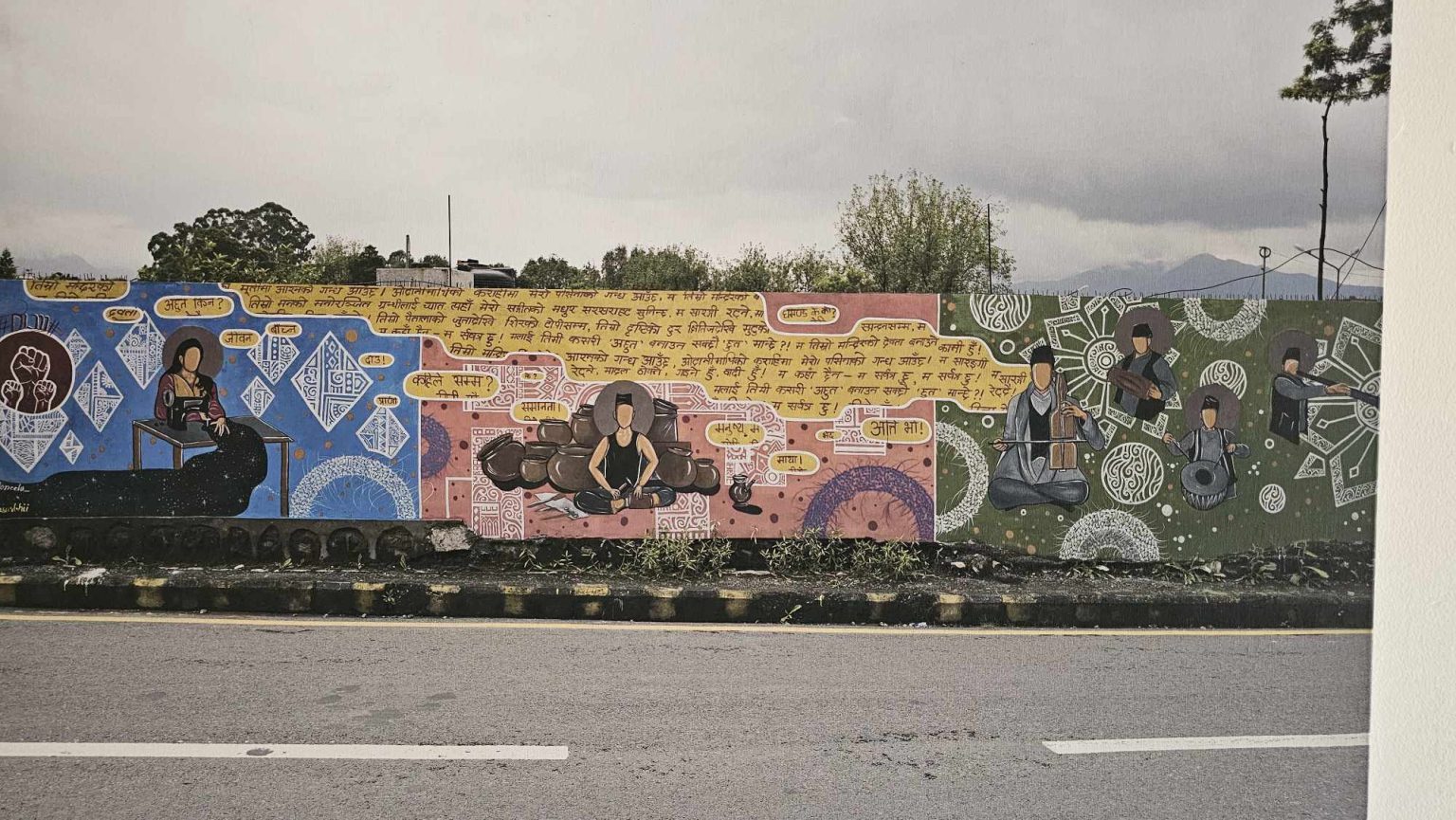
State’s Insensitivity
On May 10, 2077 (2020), five people, including Nawaraj BK, were murdered in Rukum during the pandemic. Activists, including Pradeep, protested wearing masks during lockdown. But the society showed no sensitivity to the killings.
Pradip realized that despite the magnitude of the murders, society, and the state remained insensitive. Along with other activists, he went to Nawaraj’s village. They worked tirelessly for the victim’s family and even wrote to the UN’s Human Rights Office.
‘The state doesn’t respond sensitively to such events, and civil society remains divided when caste issues are involved, ‘ shares Pradip.
Pardip also observed that various arms of the state, such as journalists, human rights activists, police, and government lawyers, often fail to handle such cases sensitively. He reflects on this through the example of Rinku Sada, a Dalit girl from Siraha who was raped and murdered. The case was mishandled by the state, showing little seriousness in addressing the crime.
The March to Justice
After these experiences, Pradip started the March to Justice campaign on March 21 (Chaitra 8), aiming to pressure justice for those who, like Rinku Sada, lost their lives unjustly. This campaign, which will last for 100 days, will focus on raising awareness of these hidden caste-based discriminations and pushing for justice in the legal process.
He’s also working to create a network of youth called Dignity Defenders in all 753 local levels across the country, empowering them to address discrimination and support the victims.
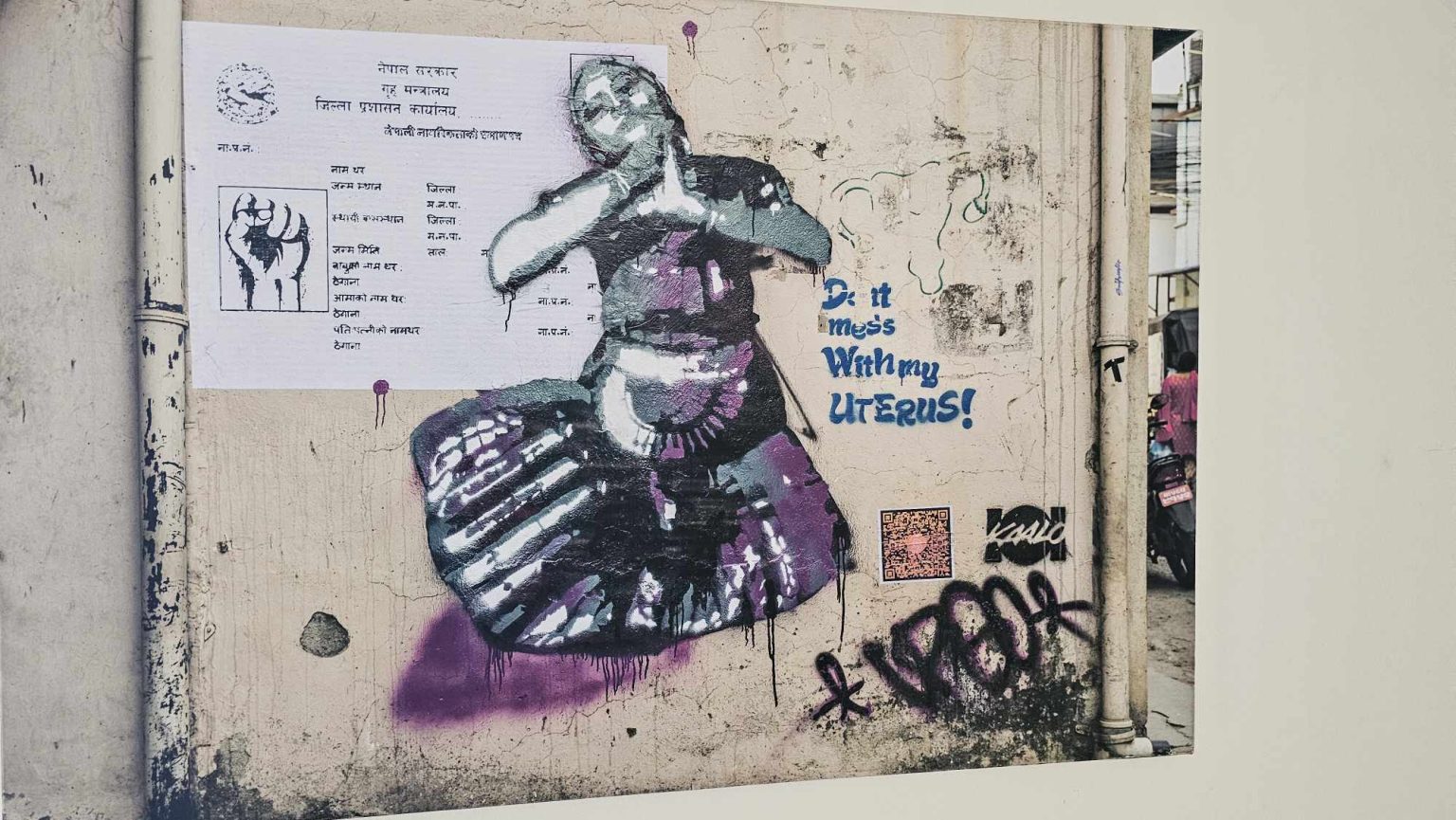
Pradip Seeking Youths to Fight Against the Caste System
Pradip has observed that today’s youth are increasingly against the caste system. The rise in inter-caste marriages and the participation of non-Dalit youths in Dalit movements are clear signs of this shift.
However, he is also aware that there is resistance to reservation policies among some youths, who often perceive them as an obstacle to opportunities.
Pradip believes that it is crucial to educate the new generation on why the reservation system was introduced—to compensate for past discrimination against Dalits, women, indigenous groups, and Madheshsis. He also stresses that the reservation system in Nepal was flawed, as it placed the upper castes in higher positions, which should have been reserved for Dalits, women, and marginalized groups.
Though the form of caste-based discrimination has evolved, Pradip believes it is still deeply entrenched in society. He has observed the rise of caste discrimination in the digital world, especially on social media.
Although the Dalit movement in Nepal is diverse, Pradip feels that it lacks unity. ‘Many people in the Dalit movement are in different political parties. Each political party has its interests. This seems to have prevented the Dalit movement from uniting,’ said Pradip.
However, Pradip continues to strive to advance this fight against the caste system and explore new possibilities.
Nepali version of the story


